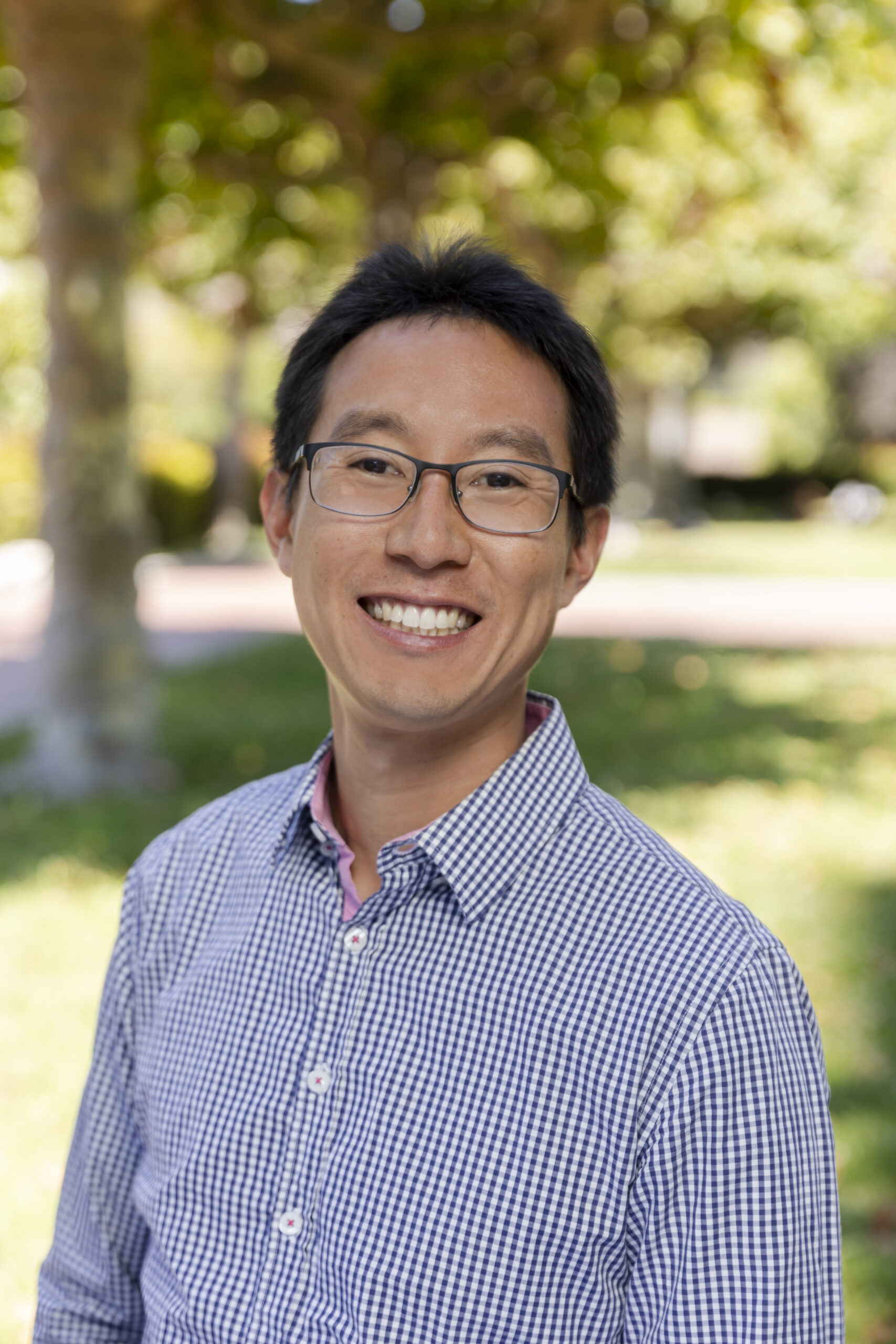
Patrick Shih
Plant and Microbial BiologyPatrick Shih is an Assistant Professor in the Department of Plant & Microbial Biology.
Project Description
Transforming the Paradigm of Fungal Biomanufacturing
This project proposes a platform which addresses the challenge of genetically modifying non-model and lesser-studied fungal species, important for making a range of compounds in industries like pharmaceuticals, biofuels, and agriculture. Currently, these fungi lack the tools needed for efficient manipulation, which limits their commercial potential. By improving their genetic flexibility, they enable the use of their unique abilities, making it easier to produce different compounds for various purposes in human health, agriculture, and bioenergy.
Patrick Shih’s Story
Unlocking the Potential of Non-Model Fungi: A Bakar Fellow’s Advances in Genetic Engineering
September 11, 2024
By: Niki Borghei
A new project is set to shake up the world of fungal biomanufacturing, driven by a vision to transform how we engineer lesser-known and non-model fungal species. This initiative addresses a significant challenge in the field: the difficulty of genetically modifying these fungi, which are crucial for producing a wide array of compounds essential in pharmaceuticals, biofuels, and agriculture.
These lesser-studied fungi often lack the advanced tools and methodologies necessary for effective genetic manipulation, which has limited their commercial and scientific potential. By enhancing their genetic flexibility, this project aims to unlock their full capabilities, enabling the efficient production of compounds with diverse applications ranging from human health to sustainable agriculture and renewable energy.
Patrick Shih, an Assistant Professor in the Department of Plant & Microbial Biology, is at the forefront of this work through his Bakar Spark Award project.
Q: What led you to pursue fungal biomanufacturing?
A: We are interested in developing new synthetic biology approaches to improve our ability to genetically engineer a diversity of fungi and molds. We have been developing the tools to engineer plants for a while, and there are many similar challenges facing both the fungal and plant engineering communities.
Q: When did you decide to take the leap into entrepreneurship?
A: The more we delved into the fungal biotechnology space, the more apparent it became that there is a significant and pressing need for both scientific and technological advancements within the field. Our exploration revealed a multitude of challenges and opportunities that underscore the necessity for innovation and progress.
Q: How will the Bakar Fellows Program help you achieve your goals?
A: The Bakar Spark funds will allow for the support needed for my lab to pivot our previous skillset for plants towards fungi.
Q: How is the market responding to the potential of this project, and what kind of demand do you anticipate?
A: There is increasing commercial interest in a wide diversity of non-model filamentous fungi used for a wide range of applications from drugs to alternative protein sources to new biomaterials.